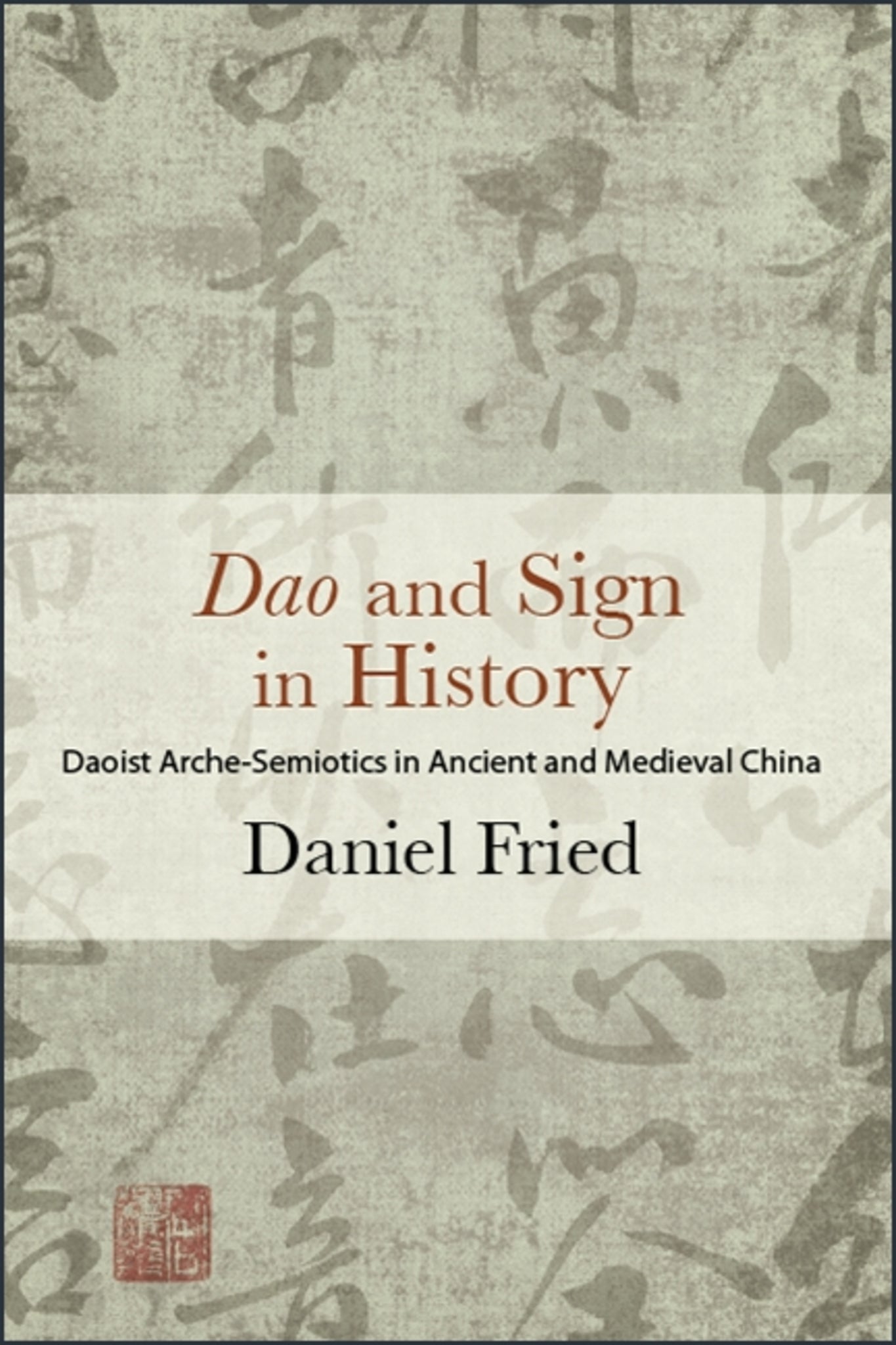We're sorry. An error has occurred
Please cancel or retry.
Dao and Sign in History

Some error occured while loading the Quick View. Please close the Quick View and try reloading the page.
Couldn't load pickup availability
- Format:
-
01 November 2018

Provides a new perspective on important linguistic issues in philosophical and religious Daoism through the comparative lens of twentieth-century European philosophies of language.
From its earliest origins in the Dao De Jing, Daoism has been known as a movement that is skeptical of the ability of language to fully express the truth. While many scholars have compared the earliest works of Daoism to language-skeptical movements in twentieth-century European philosophy and have debated to what degree early Daoism does or does not resemble these recent movements, Daniel Fried breaks new ground by examining a much broader array of Daoist materials from ancient and medieval China and showing how these works influenced ideas about language in medieval religion, literature, and politics. Through an extended comparison with a broad sample of European philosophical works, the book explores how ideas about language grow out of a given historical moment and advances a larger argument about how philosophical and religious ideas cannot be divided into "content" and "context."


"Fried combines the disciplines of semiotics with a largely philosophical approach, thus offering fresh insights into both disciplines, while looking at issues from multiple perspectives." — Steven Burik, author of The End of Comparative Philosophy and the Task of Comparative Thinking: Heidegger, Derrida, and Daoism
Preface
Introduction: Defining "Arche-Semiotics"
Part I: Daoist Semiotics in Comparative Perspective
1. Ways through Language
2. Ways beyond Language
Part II: Daoist Semiotics in Early Medieval Culture
3. Tracing the Obscure
4. Traces of Transcendence
5. Sign, Translation, Enlightenment
6. The Arche-Semiotic Mind and the Carving of Dragons
Abbreviations
Notes
Bibliography
Index



